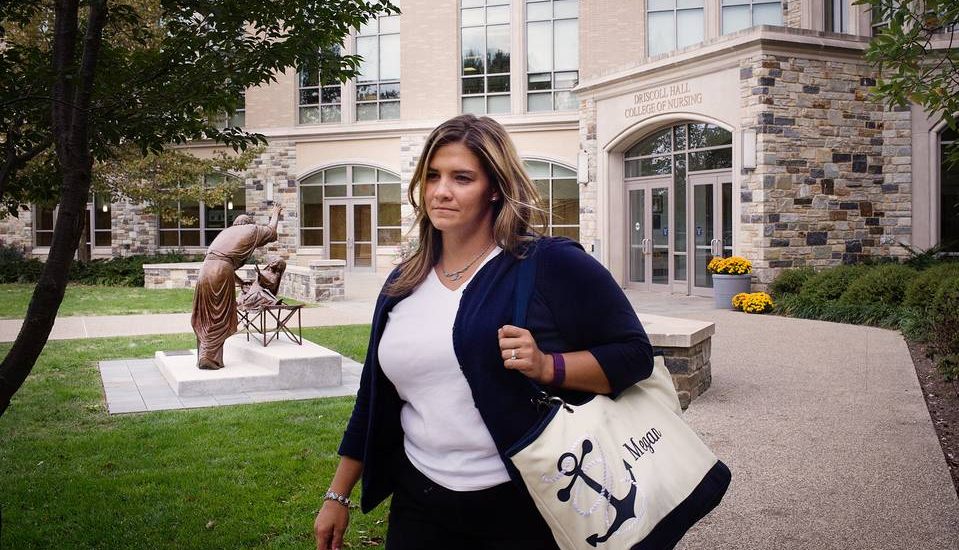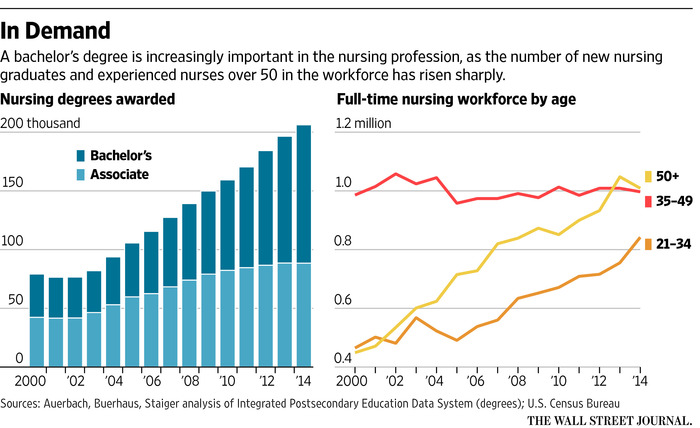Higher Hurdles Set For Nurses As Hospitals Require More-Advanced Degrees

Megan Goodman, a 30-year-old Downingtown resident earned her associate degree in nursing from the Pennsylvania College of Health Sciences in May, finishing her education as a dean’s list student while serving on two student nursing boards.
However, while in previous years, that would mean near certain employment, Goodman is still in the process of finding a job after applying for over thirty hospital positions.
“Truthfully, an associate’s program is not really going to get you anywhere anymore,” she noted.
A prospect of a well-paying job with a degree that requires only two years to get has prompted hundreds of thousands of Americans to flock to nursing schools over the past decade. However, as many of them have now found out, the job landscape has changed as hospitals have started to actively seek out nurses with more-advanced degrees, partly in response to an increasingly complex health-care system.
This trend is not solely focused on the nursing field, as manufacturing and office administration positions are also starting to require higher levels of education and skills than before. With the recession leaving a lot of people with bachelor’s degrees unemployed or continuing their education, employers started expecting degrees for positions that did not previously require them.
This shift has hit new employment opportunities in the nursing sector the hardest, reflecting the huge rise in entrants to the field in the past ten years. Programs relating to the sector between 2002 and 2012 rose 41 percent to 2,270 during a generally perceived shortage of nurses. During that same period, the number of young registered nurses grew by around 80 percent, with the number of active nurses also swollen followed by the doubling of nurses aged over 50, as most of them chose to continue working instead of retiring.
Diana Mason, the President of the American Academy of Nursing and a Nursing Professor at Hunter College in New York, finds these developments troubling. She expressed concern that the increasing preference for nurses with four-year degrees could block one of the few reliable ways into the middle class.
“That’s a beautiful aspect of nursing’s career ladder, is that it enables people to move from maybe a family growing up in poverty, to solidly middle class,” she said. “It provides access to people who can’t afford a baccalaureate education.”
Connect With Your Community
Subscribe to stay informed!
"*" indicates required fields


















![95000-1023_ACJ_BannerAd[1]](https://vista.today/wp-content/uploads/2023/03/95000-1023_ACJ_BannerAd1.jpg)






























